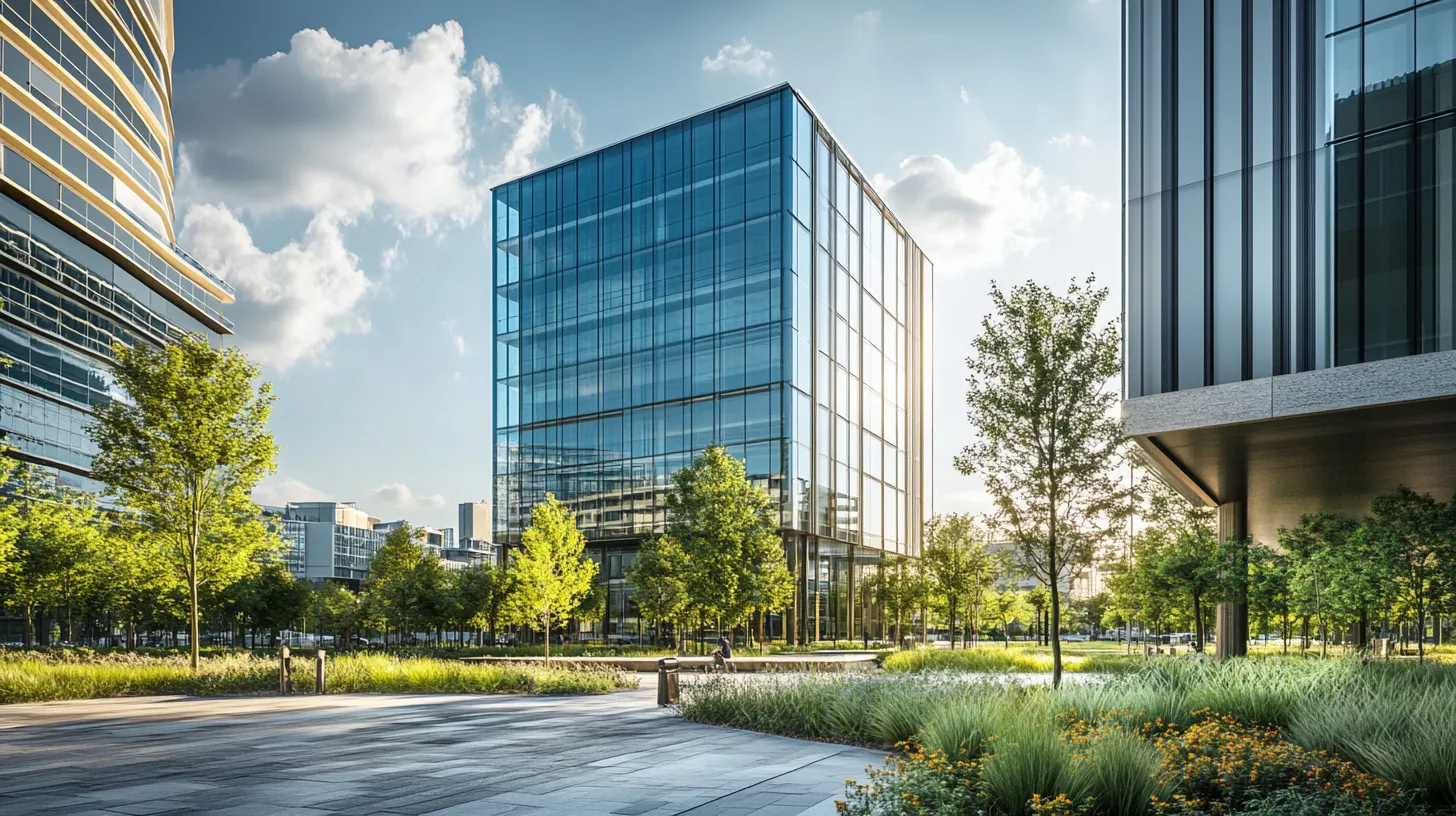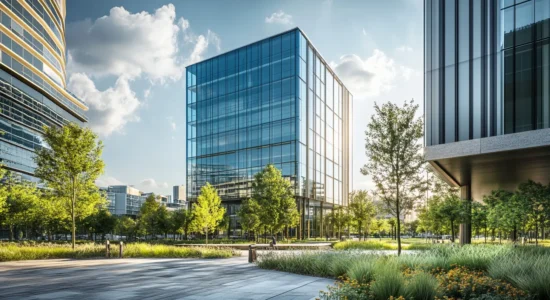In today’s increasingly digital world, the traditional office setup has undergone a massive transformation. With remote and hybrid work models becoming the norm, businesses—whether startups or established enterprises—are rethinking what a “workplace” really means. At the heart of this shift are business centers, which have emerged as pivotal hubs that offer more than just desks and chairs—they provide flexibility, community, and the infrastructure modern businesses need to thrive.
From Spare Rooms to Smart Spaces
The COVID-19 pandemic forced millions of professionals into improvised home offices. But while the home setup had its perks, it also brought distractions, isolation, and blurred boundaries between work and life. Enter business centers: a perfect middle ground. Offering everything from coworking spaces and virtual offices to fully equipped shared office environments, these centers provided professionals with the structure of an office and the freedom of remote work.
Take for instance, a Berlin-based freelance UX designer who shared how working from a business center not only boosted his productivity but also introduced him to a network of potential collaborators—something he sorely missed during solo work-from-home days.
The Evolution of Business Centers Post-Pandemic
Before the pandemic, business centers were already growing in popularity, but largely among freelancers and early-stage startups. Now, their client base includes remote teams from large corporations, satellite offices for expanding businesses, and even global enterprises seeking cost-effective solutions without committing to long-term leases.
One of the key trends driving this evolution is flexibility. Unlike traditional office rentals, business centers for rent often come with flexible terms—monthly, weekly, even daily arrangements. This makes them ideal for businesses that want to remain agile, test new markets, or simply avoid the overhead costs of permanent office spaces.
More Than a Desk: A Launchpad for Growth
For many startups, business centers have been the starting point of something much bigger. Take the story of “EcoByte,” a green-tech startup that started in a Copenhagen coworking space. The team credits the startup hub atmosphere of the business center for their early partnerships, product feedback sessions, and even investor introductions—all of which helped them scale to a 20-person operation in under two years.
This is where the magic of community engagement and professional development comes into play. Business centers don’t just rent space—they foster collaboration. Through hosted events, workshops, and casual meetups, remote workers and entrepreneurs find themselves in an environment ripe for innovation, networking opportunities, and cross-industry learning.
The Right Location = Real Business Results
Location still matters, even in a remote-first world. Business centers are often strategically placed in city centers, near transport hubs, or in up-and-coming business districts. This not only improves accessibility for teams and clients but also enhances a company’s professional image.
For example, a consulting firm based in a prime London business center saw a noticeable improvement in client trust and brand perception after moving from a home-office setup. Simply having access to modern office amenities—like meeting rooms, high-speed internet, reception services, and tech-enabled conference spaces—gave their operations a more credible and polished front.
Remote Work, Reinvented
The rise of remote work solutions hasn’t made office spaces obsolete—it has redefined them. Today’s professionals seek balance: the freedom to work from anywhere with the perks of community, focus, and shared infrastructure. Business centers are answering that call by constantly adapting—offering hybrid access passes, integrating with digital tools, and even launching corporate services for companies managing dispersed teams.
In many ways, business centers have become the new backbone of business expansion, offering business resources that support growth without constraints.
From Isolation to Collaboration: Real People, Real Stories
There’s something powerful about stepping out of your kitchen workspace and into a buzzing, collaborative environment. A recent testimonial from a remote project manager in Amsterdam reads, “I didn’t realize how lonely remote work had made me feel until I spent a day at a local business center. That one day turned into a monthly membership—and now, half my team works from there too.”
These stories are everywhere: remote employees rediscovering teamwork, entrepreneurs meeting co-founders over coffee, and small businesses finding structure and scalability in shared environments.
A Future Built on Flexibility and Connection
As the global workforce continues to decentralize, business centers stand out as dynamic, forward-thinking alternatives to traditional offices. They blend the best of both worlds—remote freedom and professional infrastructure. Whether you’re a solo freelancer, a growing startup, or a multinational looking to downsize static office space, business centers offer the flexibility and support system to move your business forward.
In short, business centers aren’t just places to work—they’re ecosystems built for success in the remote era.

